The college admissions process is famously stressful and expensive, with essays upon essays, tests upon tests, those fees, and then application fees—not to mention the time it all takes. But what if students could have it a little easier? A new initiative in California is asking that very question.
As part of a pilot program, students with high GPAs in California’s Riverside County can now be automatically admitted to 10 Cal State campuses based on their grades alone. According to San Francisco’s KQED, students just have to keep their grades up, take all the high school classes Cal State requires for admission, and fill out a form to hold their place at the campus of their choosing. Enrollment steps and tuition payments still apply, and students are still welcome to apply to any other universities they wish.
Over 17,000 students in California have already received their first admissions notices to CSU Channel Islands, Chico State, Cal State East Bay, Cal Poly Humboldt, Cal Maritime, Cal State Monterey Bay, Cal State San Bernardino, CSU San Marcos, San Francisco State, and Sonoma State. KQED reports that “of the 17,000 students who received an invitation to secure their automatic admissions, about 13,200 submitted the necessary forms.”
The pilot program in Riverside County is meant to not only make college more accessible, but to increase enrollment in Cal State universities that have been struggling–some have even had to combine recently because of low financing. KQED reports the county was chosen because of its diversity and because “all of its public high school students were already loaded onto a state data platform that can directly transmit student grades to Cal State.”
Direct admissions are a new trend popping up at universities around the country, often only for students in-state. While the most competitive schools never have a shortage of applicants, there are of course still universities that do accept students on a larger scale—many of them public universities. As The New York Times wrote last year, “If those colleges can reduce the hassles and identify students who meet their minimum qualifications and admit them, the students may consider a college that otherwise may not have been on their radar.” The other part of that, too, is that if college is easier and more affordable to apply to, maybe more students will end up going.
Direct admissions is now offered by 117 public universities as part of a partnership with Common App, among them universities in Illinois, Connecticut, Texas, Virginia, Kentucky, Massachusetts, New York, and more. Prior to Cal State’s partnership with Riverside County, none of the Cal State schools featured direct admission, though five other schools in California did.
The Cal State initiative has the potential to not only change students’ lives, but the lives of the universities. As KQED writes, ‘If past admissions and enrollment trends hold, Cal State as a system will educate hundreds of more students, all from Riverside, than they would have without the pilot. That’d be a boon for a system that prides itself on its affordability and motto that it’s the people’s university.” A program in Northern California could be next.



















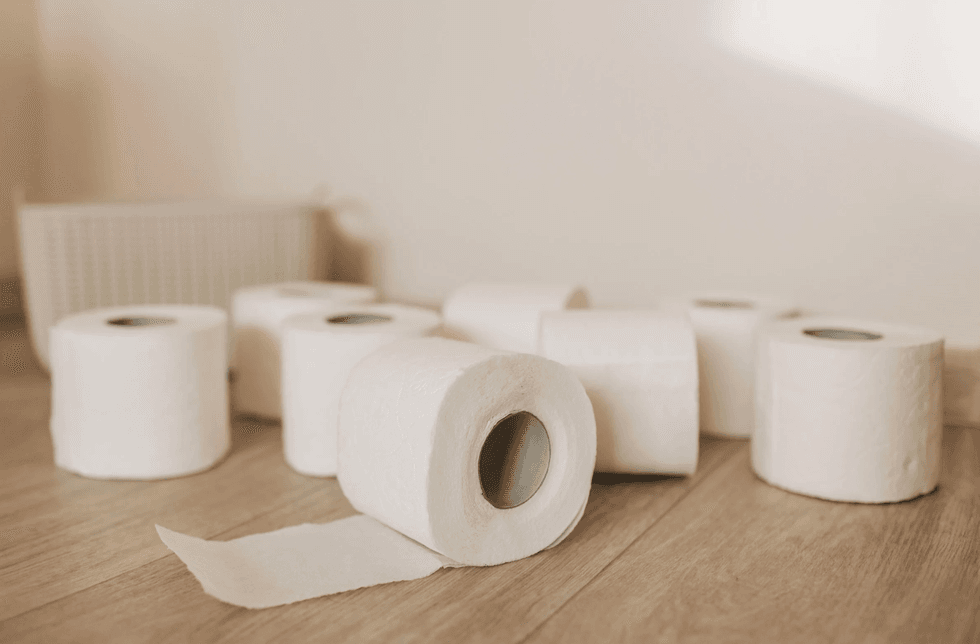 A collection of toilet paper rollsCanva
A collection of toilet paper rollsCanva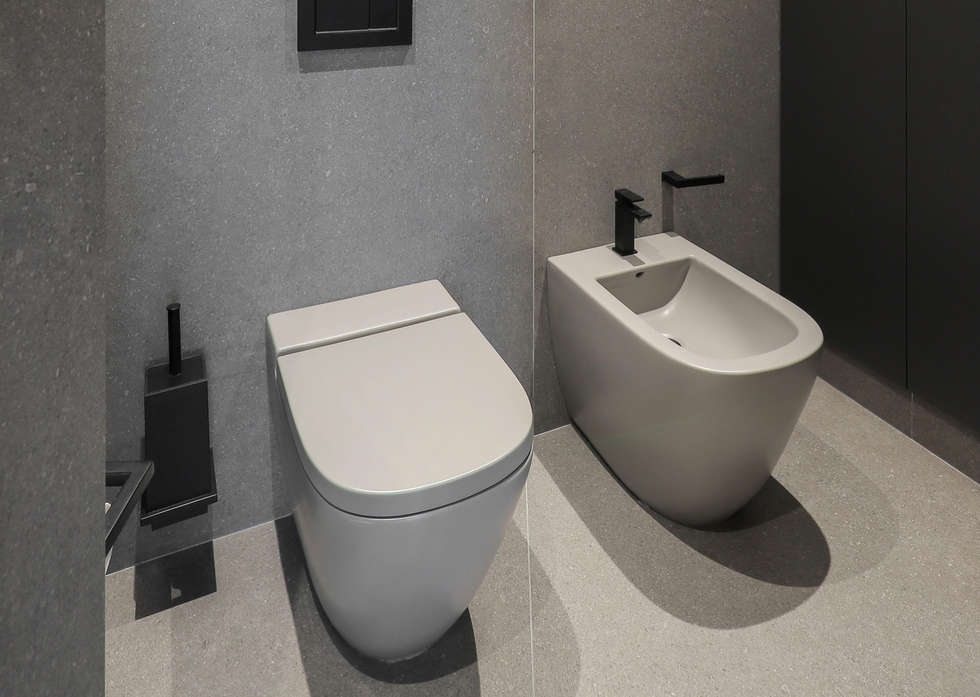 A bidet next to a toiletCanva
A bidet next to a toiletCanva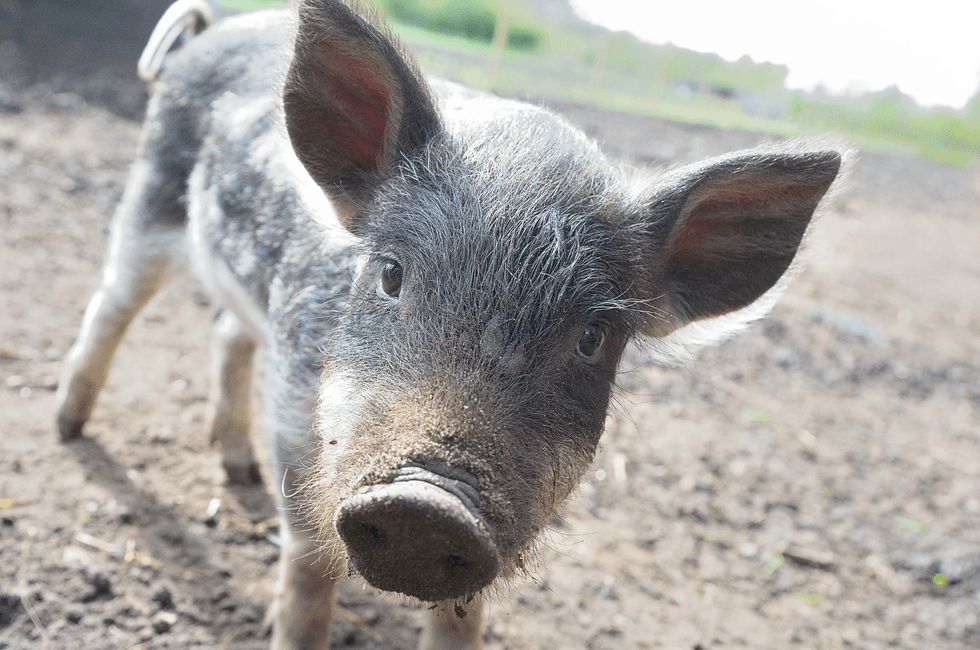 A cute pig looks at the cameraCanva
A cute pig looks at the cameraCanva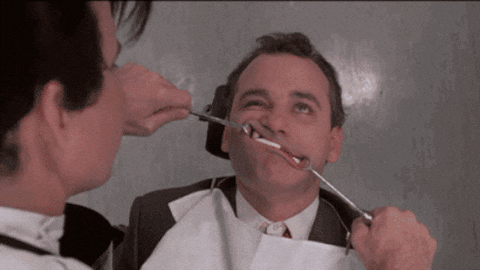 A gif of Bill Murray at the dentist via
A gif of Bill Murray at the dentist via  A woman scrolls on her phoneCanva
A woman scrolls on her phoneCanva
 A confident woman gives a speech in front of a large crowdCanva
A confident woman gives a speech in front of a large crowdCanva
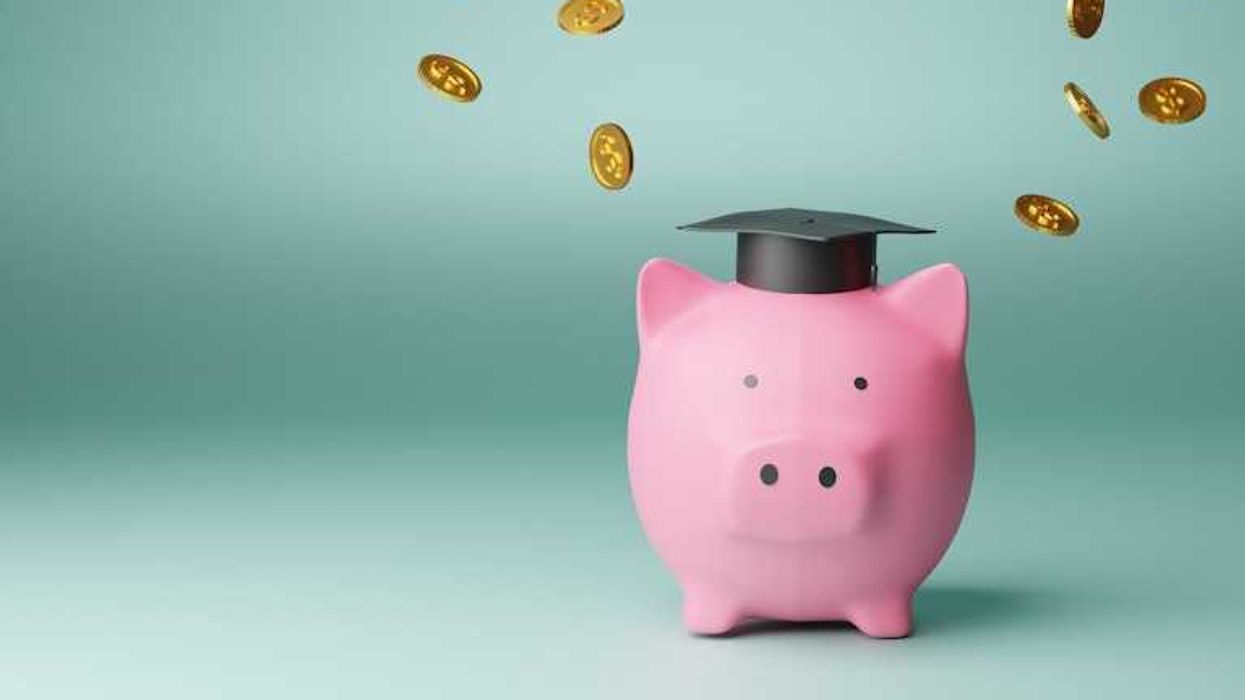
 Creativity and innovation are both likely to become increasingly important for young people entering the workplace, especially as AI continues to grow.
Creativity and innovation are both likely to become increasingly important for young people entering the workplace, especially as AI continues to grow.
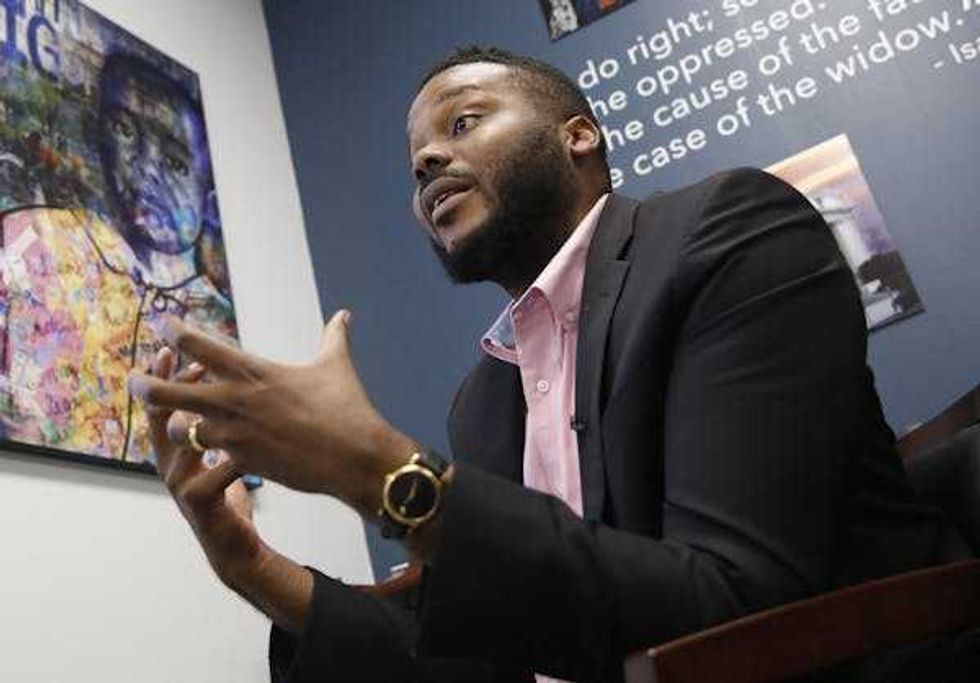 As mayor of Stockton, Calif., Michael Tubbs ran a pioneering program that provided a basic income to a limited number of residents.
As mayor of Stockton, Calif., Michael Tubbs ran a pioneering program that provided a basic income to a limited number of residents. Martin Luther King Jr. believed Americans of different racial backgrounds could coalesce around shared economic interests.
Martin Luther King Jr. believed Americans of different racial backgrounds could coalesce around shared economic interests.
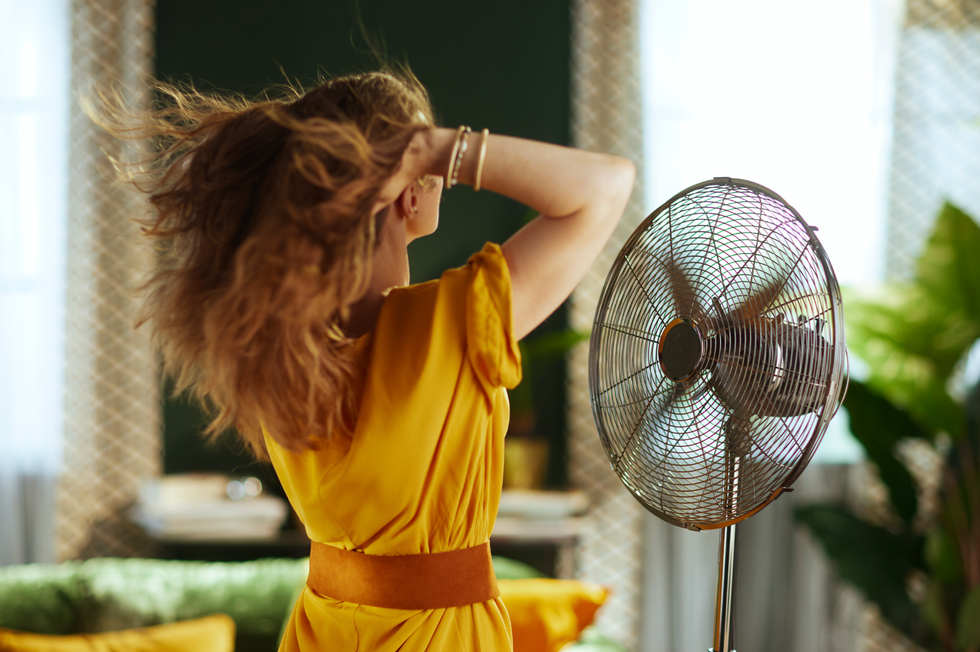 Confident young womanCanva
Confident young womanCanva
 Women and people of color who experience cardiac arrest are less likely to receive CPR.
Women and people of color who experience cardiac arrest are less likely to receive CPR.